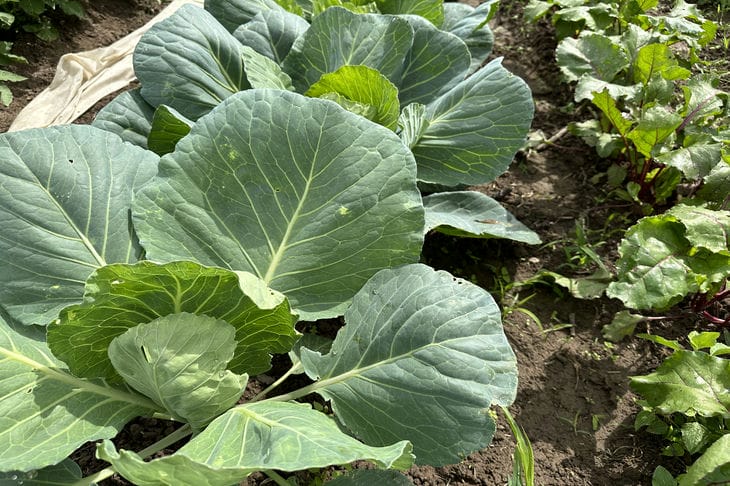5 mistakes that can leave a summer resident without a cabbage harvest: don't do this
Getting more large heads of cabbage that are dense and juicy is what any summer resident who grows cabbage expects.
However, it is not possible to achieve such a result in all cases.
Often the quality of the harvest leaves much to be desired: the heads of cabbage grow small, and the taste of the cabbage leaves is not the brightest.
Why does this happen? Most likely, it is due to mistakes made by the gardener.
An expert of the online publication "BelNovosti", agronomist and landscape designer Anastasia Kovrizhnykh listed the mistakes often made by owners of country plots when growing cabbage.

Lack of light
Planting cabbage in the shade is a big mistake. The plant needs a lot of light, otherwise there will be problems with the formation of heads.
Wrong variety
Before choosing a particular variety of cabbage, you need to make sure that the climatic conditions are normal for this variety.
Not those "predecessors"
Cabbage cannot be planted in the same place where tomatoes or peppers grew last season.
If a gardener does make this mistake, the garden crop will most likely encounter numerous diseases and pests.
In addition, the soil will lack nutrients.
Lots of fertilizers
By the way, about nutrients and important microelements... Many gardeners think like this: “The more fertilizers, the better.”
But this is the wrong approach. Of course, a lack of useful compounds is very bad. But there is nothing good in their excess either.
Cabbage reacts particularly negatively to an abundance of nitrogen in the soil.
Incorrect watering
Cabbage is susceptible to both a lack and excess of moisture.
In order for the heads to form, but at the same time not to be affected by diseases, the plant should be watered twice (if it is hot and there is no precipitation) or once a week (if it is rainy). Each plant should receive half a bucket of clean liquid.
